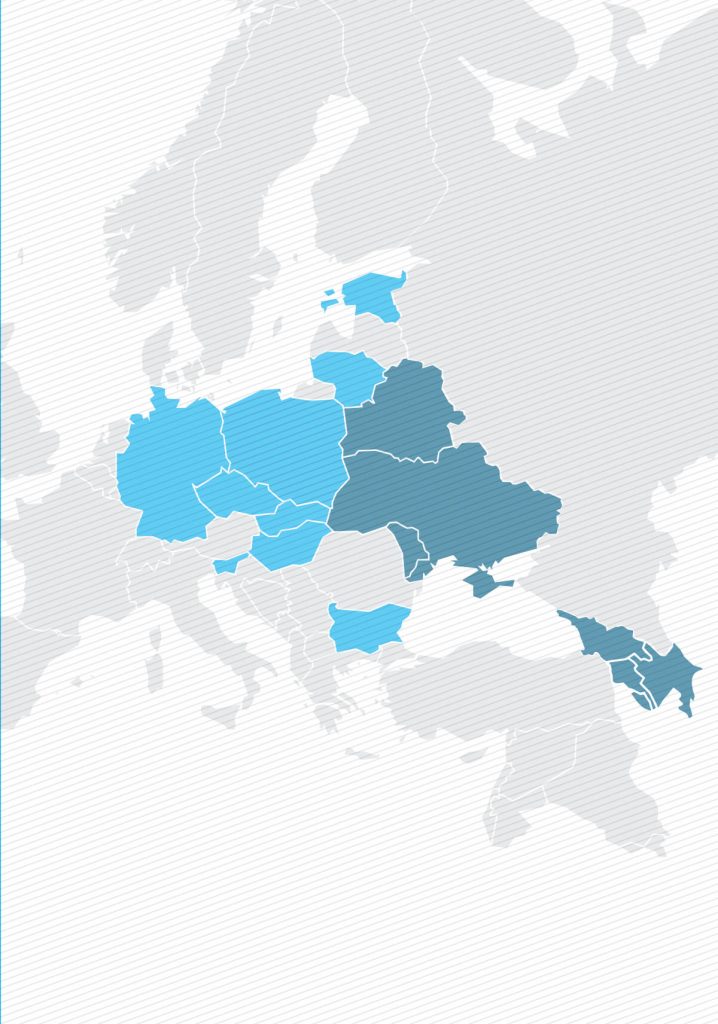
You Can Do Something About It
BY
Republikon Institute / December 2, 2014
The controversial preventive videos were released by the police force of Pécs just 4 days before the activist movement kicked off. The videos contain, however, a multitude of errors and misconceptions.










